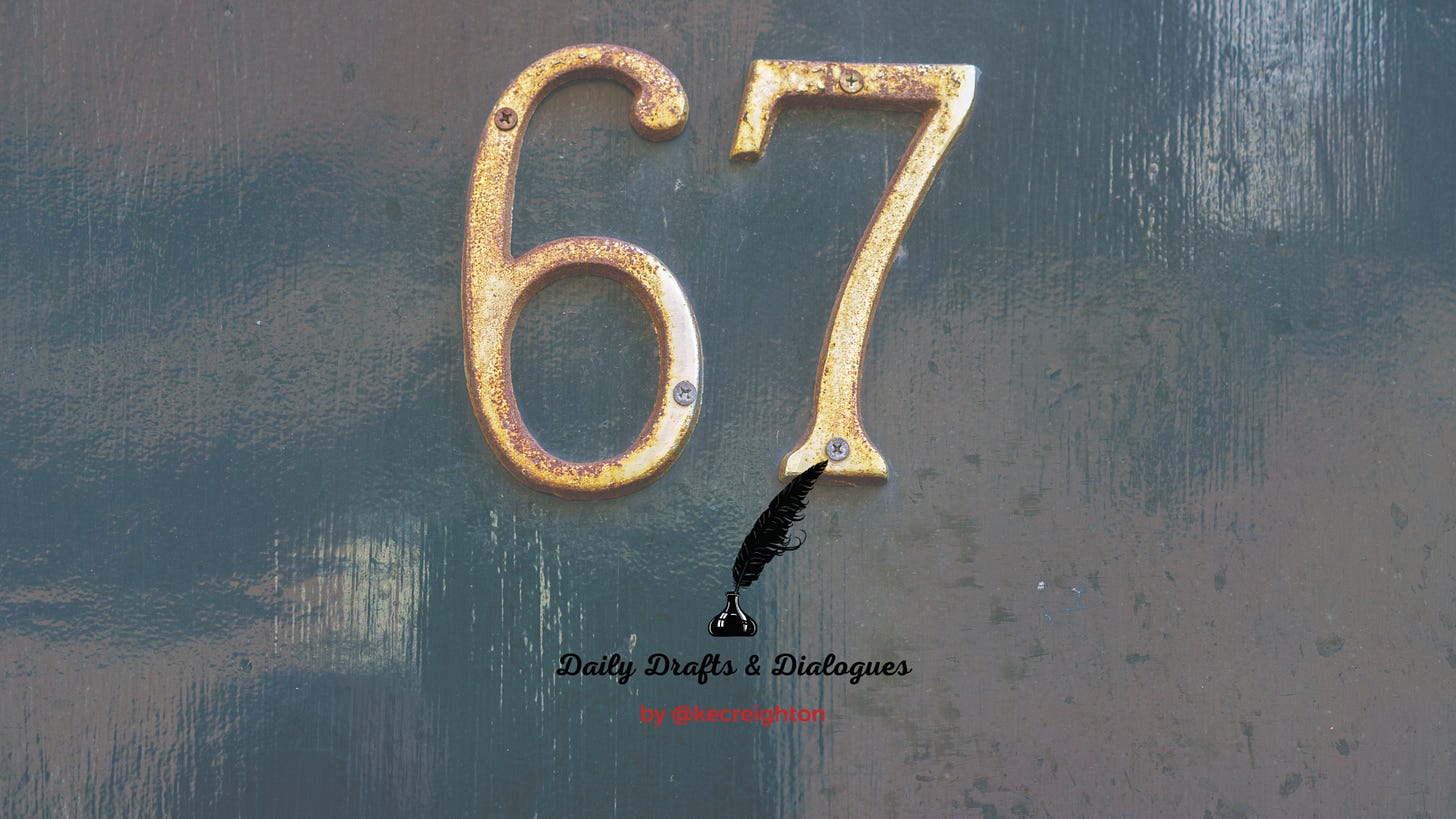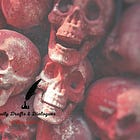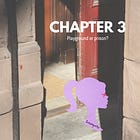The Real Meaning of 67?
What do you think about Dictionary.com designating 67 as its 2025 Word of the Year? Read this post, then leave a comment to join this dialogue.
I know, I know, I know. Like most adults alive right now, you’re probably sick and tired of hearing six-seven all the time, especially if you’re a teacher or parent. But be prepared to hear it even more in the near future because, due to its widespread usage this year, Dictionary.com has officially announced 67 (always pronounced ‘six-seven,’ never ‘sixty-seven’) as its 2025 Word of the Year, which obviously has a lot of people asking a lot of questions. 1
First, how is it possible for a number to be awarded Word of the Year?
Well, according to Dictionary.com, they select a word each year that reflects social trends and global events that defined that year, and that reveals the stories we tell about ourselves and how we’ve changed over the year. Their Word of the Year is both viral vernacular and a linguistic time capsule. For example, their Word of the Year last year was ‘demure’. In other words, people (mainly tweens and teens and their parents) have been searching for and using 67 online and in everyday conversation in 2025— a lot. 2
As you can imagine, Dictionary.com selecting a number for their Word of the Year has sparked a lot of discontent. Across social media, people have been commenting things like: “Since when is a number a word? God, I hate kids.” ; “A word with no definition. Nice.” ; “We were supposed to be advancing as a civilization, but right now we are regressing.”; and “That’s like a man being named woman of the year.” 3
More than that, people are curious how 67 could be Word of the Year when it’s not even clear what it means.
According to Merriam Webster, 67 is trending slang, “a nonsensical expression connected to a song and a basketball player,” but that doesn’t quite capture how it’s being used, or its growing popularity. 4
Dictionary.com, unsurprisingly, does a better job defining this ‘word’ 67 as “a viral, ambiguous slang term that has waffled its way through Gen Alpha social media and school hallways. While the term is largely nonsensical, some argue it means ‘so-so,’ or ‘maybe this, maybe that,’ especially when paired with a hand gesture where both palms face up and move alternately up and down. People also use 67 as a way to respond to questions or as a result of seeing the numbers ‘67’ in consecutive order in the wild, such as on a math problem or within a phone number. (‘How tall are you?’ ‘67.’ ‘How are you today?’ ‘67.’ ‘What’s 120 minus 53?’ ‘67.’) Because of its murky and shifting usage, it’s an example of brainrot slang and is intended to be nonsensical and playfully absurd.” Yet their excerpt for 67 seems to describe how, why, and when it’s used, more than its specific meaning or definition. 5
Basically, what I have gathered so far is that 67 is a slang term that is really a number and not a word. That it has an ambiguous, contested, or nonsensical meaning. And that it’s more of an interjection than a statement or word in reality. An interjection that is primarily used by tweens and teens. Is that right?
Regardless of how you feel about 67, however, you can’t deny how fascinating it is that it is Dictionary.com’s Word of the Year, and what that implies for the evolution and usage of the English language in the twenty-first century.
Is a number being designated as a word in the dictionary indicative of how our world is becoming lived and expressed more and more via algorithms and numbers (especially binary code), more so than words? If so, what does that mean for language moving forward, and the overall direction in which it is headed? Is this a temporary trend or a sign that AI bots are starting to take over? I am being dramatic here on purpose to prove a point. Numbers being designated as words requires some serious consideration and reflection for language users, don’t you think?
Also, what does it mean when the most notable ‘word’ of the year is a term that is only used as slang by young people, and has no real meaning, or a meaning that is impossible to nail down, define, or decipher clearly? What does it really mean when the words we use most, or most emphatically and virally, don’t have shared or comprehensible meanings and definitions? Isn’t that one of the most important facets of learning and using language— shared meaning and understanding? So, what happens when that begins to disappear?
I understand that language evolves over time. As a writer, I value and appreciate that deeply, and even find the overall evolution of language exciting and inspiring. However, I’m still not yet sure what the real meaning, or consequence, of 67 as 2025 Word of the Year is or will be …
Want to express your appreciation for this particular post?
Buy me a coffee one time, or become a free or paid monthly suscriber for less than the cost of a fancy coffee. Please and thank you! My writing and I are fueled by loyal readers, caffeine, and kind gestures.
© All Rights Reserved by K.E. Creighton; Creighton’s Compositions LLC.
You may also enjoy:
ABC News. “Dictionary.com reveals ‘67’ is its 2025 Word of the Year”. 10/29/2025. https://abcnews.go.com/GMA/Living/dictionary-67-2025-word-year/story?id=126947602
NPR. Pop Culture. “What does ‘67’ mean? Dictionary.com’s 2025 word of the year has no definition”. 10/31/2025. https://www.npr.org/2025/10/31/nx-s1-5593052/67-dictionary-word-of-the-year-2025
New York Post. Viral Trends. “Dictionary.com’s Word Of The Year is ‘6 7’ — and literate people are losing their minds over it: ‘Like a man being named woman of the year’”. 10/30/2025. https://nypost.com/2025/10/30/lifestyle/fury-over-dictionary-coms-word-of-the-year-6-7/
Merriam-Webster Dictionary. ‘SIX SEVEN’. Definition as of 11/4/2025. https://www.merriam-webster.com/slang/six-seven
Dictionary.com. Slang dictionary. ‘67’. Definition as of 11/4/2025. https://www.dictionary.com/e/slang/67/






